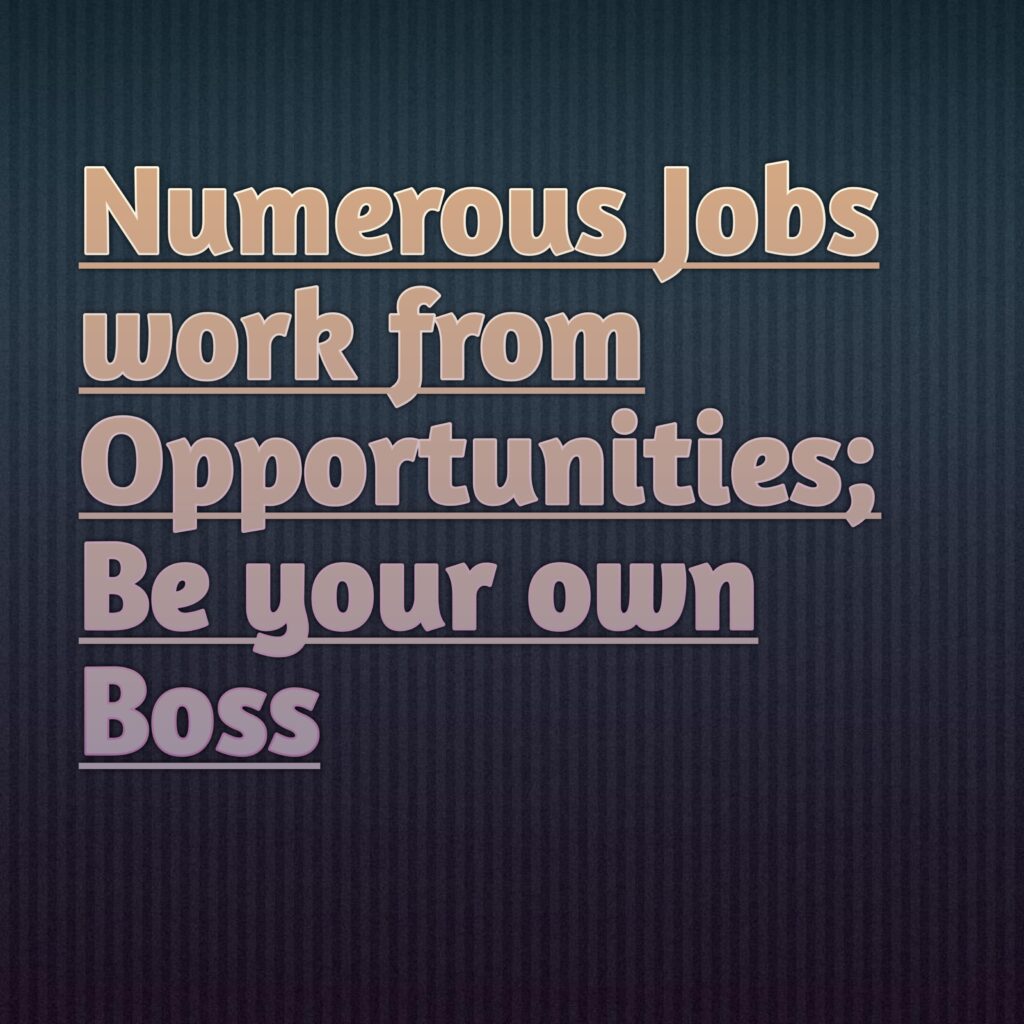
Table of Contents
Introduction to Mastering the Art of Negotiation in Your Career
The art of negotiation is a fundamental skill that transcends industries and plays a pivotal role in career success. Whether you’re negotiating a job offer, a raise, project terms, or even a contract, your ability to navigate these discussions with confidence and skill can make all the difference. In this comprehensive guide, we will delve into the art of negotiation and explore ten detailed strategies to help you become a master negotiator in your career. From understanding negotiation styles and setting objectives to practising active listening and handling objections, these tips will empower you to approach negotiations with purpose and emerge victorious in your professional endeavours.
10 Strategies for Mastering the Art of Negotiation
Understanding Different Negotiation Styles
Begin by understanding various negotiation styles, such as competitive, collaborative, accommodative, and avoidance. Recognize that each style has its strengths and weaknesses, and choose the one that aligns with your goals and the specific situation.
Setting Clear Objectives
Effective negotiation starts with well-defined objectives. Clearly outline what you hope to achieve and establish your ideal outcome as well as your acceptable bottom line. This clarity will guide your negotiation strategy.
Research and Preparation
Thoroughly research the subject of your negotiation, whether it’s a salary, a contract, or a deal. Understand market standards and benchmarks. Prepare compelling arguments and evidence to support your position.
Practising Active Listening
Active listening is a cornerstone of successful negotiation. Give your full attention to the other party, ask clarifying questions, and demonstrate empathy. By understanding their needs and concerns, you can find common ground.
Building Rapport
Establishing rapport creates a positive atmosphere for negotiation. Build a genuine connection with the other party by showing respect, finding common interests, and demonstrating a willingness to collaborate.
Effective Communication
Master the art of clear and persuasive communication. Express your points concisely and confidently. Use language that is assertive but not aggressive. Avoid jargon that could be misunderstood. Listen actively and be open to feedback. Give the other party time to digest the information and respond. Be patient and don’t interrupt.
Handling Objections and Resistance
Expect objections and resistance during negotiations. Instead of viewing them as roadblocks, see them as opportunities to address concerns and provide solutions. A skilled negotiator can navigate objections effectively. Stay calm and don’t take objections personally. Remain focused on the long-term goal and don’t be afraid to express your opinion. Ask open-ended questions to better understand the other party’s point of view.
Creating Win-Win Solutions
Strive for win-win outcomes whenever possible. Look for creative solutions that satisfy both parties’ needs and interests. This approach builds trust and fosters positive long-term relationships. Respect the other party and be willing to compromise. Listen intently and be willing to adapt to the situation as needed. Work together to build a mutually beneficial agreement that both parties can agree on.
Managing Emotions
Emotions can run high during negotiations. Learn to manage your emotions and maintain a composed demeanour. Recognize when to take a break to regain perspective. Take a moment to reflect on the situation objectively, and make sure to remain respectful, even in heated debates. Remember, the goal is to reach an agreement that both parties can be satisfied with.
Review and Follow-Up
After the negotiation, review the agreements made and follow up promptly. Ensure that all terms are documented accurately and that both parties understand their responsibilities. This step solidifies the negotiated outcome.
Conclusion
The art of negotiation is one that can be honed and perfected over time. By mastering the strategies of understanding negotiation styles, setting clear objectives, conducting thorough research, practising active listening, building rapport, communicating effectively, handling objections, creating win-win solutions, managing emotions, and following up diligently, you can navigate career negotiations with confidence and purpose. These ten strategies empower you to approach negotiations as opportunities for collaboration and mutual benefit, ensuring successful outcomes in your professional endeavours.
Remember, the art of negotiation is not about winning at any cost but about finding equitable solutions that advance your career while maintaining positive relationships. Whether you’re negotiating a salary, a contract, or project terms, your negotiation skills will set you apart and pave the way for a prosperous career. For more tips on the art of negotiation, read this article on LinkedIn.
See also; 2024/2025 Saïd Foundation Scholarship (Fully Funded)
Youth Forum, Leadership and Innovative Award for migration (Funded)
2023 Fully Funded German Chancellor Fellowship: Apply Now!
2024 William D. Clark fellowship (Fully Funded)
Morgan Stanley Internship Program is now Open for Africa, Europe and Asia





